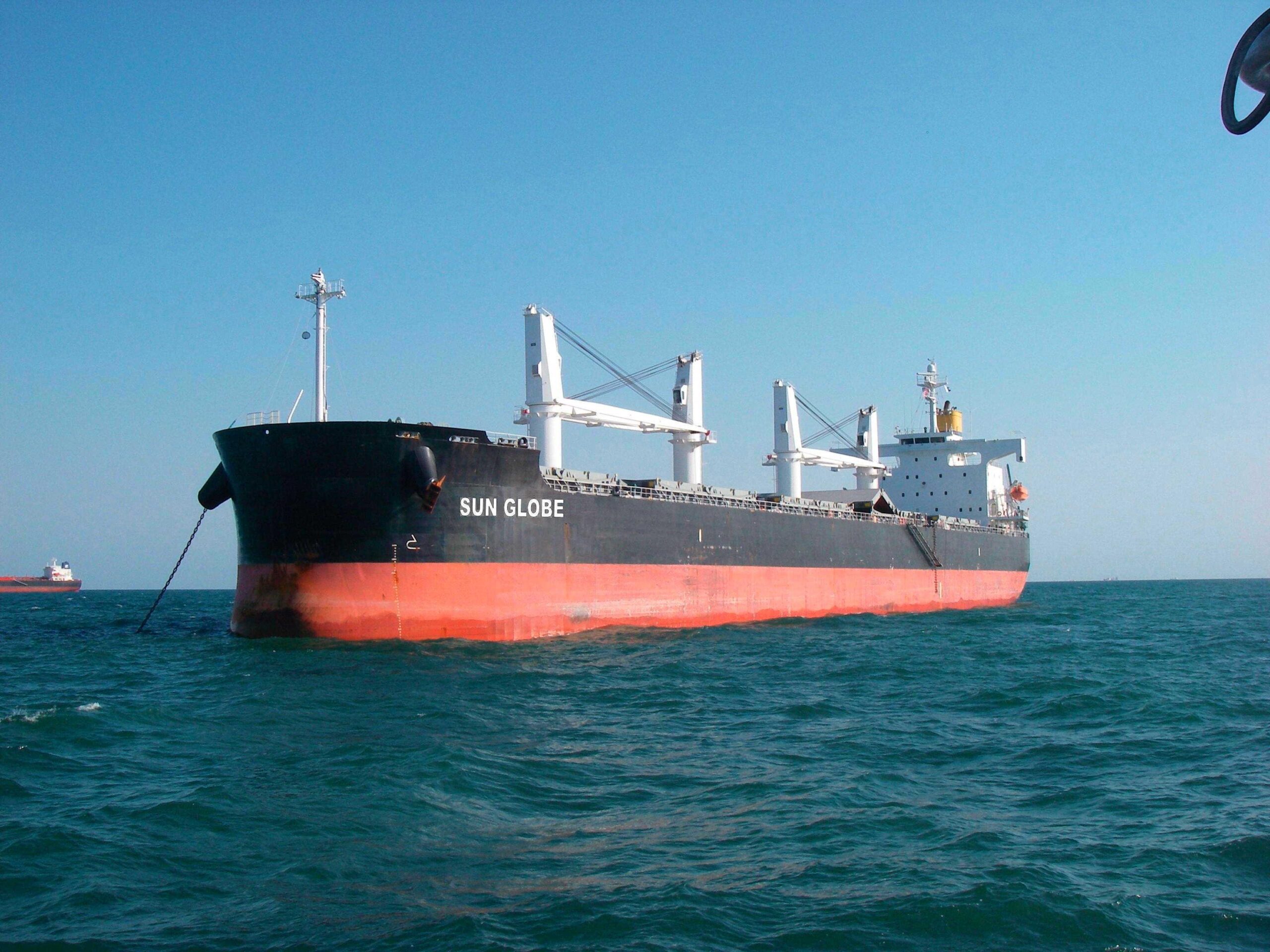Greece´s Globus Maritime Limited, a dry bulk shipping company, is in talks with various banks on exploring financing and refinancing transactions in order to expand and modernize its fleet portfolio.
The Nasdaq-listed owner said in its first-quarter report: “At present we are working with various financial institutions on exploring financing and refinancing transactions with better terms and conditions in order to expand and modernize our fleet.”
The company has an order for the construction and purchase of one fuel-efficient bulk carrier of about 64,000 dwt, at Japan´s Nihon Shipyard, which is scheduled for delivery in the first half of 2024.
The total consideration for the construction of the vessel is approximately $37.5 million, which the company intends to finance with a combination of debt and equity. In May 2022 the company paid the first instalment of $7.4 million and in March 2023 paid the second instalment of $3.7 million.
Another order that Globus Maritime put in place is at Nantong Cosco KHI Ship Engineering in China for $70.3 million. The order involves two contracts for the construction and purchase of two fuel-efficient bulk carriers of about 64,000 dwt each, with scheduled delivery for the one during the third quarter of 2024, and for the second during the fourth quarter of 2024. The total consideration for the construction of both vessels is approximately $70.3 million, which the company intends to finance with a combination of debt and equity.
The Greek shipowner has currently all of its vessels operating on short-term time charters, while Globus’ subsidiaries own and operate nine dry bulk carriers, consisting of four Supramax, one Panamax and four Kamsarmax.
The company´s view on the dry bulk prospects remains positive in the medium and longer term, however there are serious considerations about the volatility in the market due to the conflict between Russia and Ukraine, which has disrupted supply chains and caused instability in the global economy.
The shipowner explains that such instability, uncertainty and volatility could significantly increase the costs of the company and adversely affect its business, including the ability to secure charters and financing on attractive terms, and as a result, adversely affect the company’s business, financial condition, results of operation and cash flows.
Until now the company reassures that “there is no direct effect on the company’s operations.”



